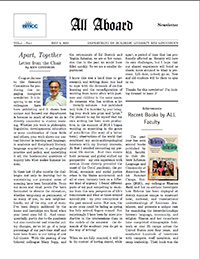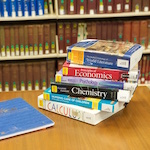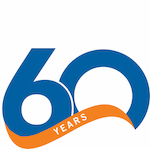The Department of Academic Literacy and Linguistics offers credit-bearing courses in Academic and Critical Literacies (ACL), Critical Thinking (CRT), and Linguistics (LIN), as well as credit-bearing and non-credit courses in English as a Second Language (ESL). ACR and ESL courses are designed to help you develop the essential skills you need for continued academic progress. These courses are required of students who have not passed the placement exams in reading and writing. If you are just getting comfortable with English as your second language, our ESL courses will help you achieve more fluency as a reader. Our academic literacy courses can help you become a more proficient and discerning reader.
Academic and Critical Literacies
Credit-bearing ACL courses (150, 195, 200, 250) are courses in the field of Literacy Studies, an interdisciplinary field examining literacy acts and events as social acts. These courses focus on topics like helping children/adolescents to practice literacy skills, understanding historical perspectives on the development of literacy policy, examining how literacy events and acts are shaped by society and culture and exploring the intersectional relationship between identity and literacy acts/events. Students not only learn about the nature of literacy from examining theory and research but also as informed by practical applications of knowledge.
English as a Second Language (ESL)
The goal of our ESL courses is to help you to become fluent, clear and effective in your writing, reading, and oral communication skills. We also provide academic advisement to help you meet your long-term educational goals, as well as offer information and advise you about your degree program.
The ESL Lab provides you with free English tutoring and conversation groups as well as access to computers with writing and grammar software.
Linguistics
Linguistics, the scientific study of language and its structures, is a fascinating subject with a wide range of subfields For instance, psycholinguistics might be good for someone studying psychology and sociolinguistics for the sociology student. And forensic linguistics can be used to help solve crimes–useful for the criminal justice or pre-law student. Linguistics courses can fulfill requirements in the Flexible Core, Liberal Arts, Modern Languages, and Criminal Justice programs. The Linguistics program is offered by the department.
Critical Thinking
Critical Thinking develops reasoning and analytical skills that can help you make better decisions. The course covers standards of good reasoning, both in general and about special topics, such as cause and effect, generalizations, and moral or political controversies. Students also explore important psychological and sociological sources of error in judgment and thereby gain a deeper understanding of both themselves and society.
Teachers of English to Speakers of Other Languages (TESOL) Concentration
BMCC offers a TESOL (Teachers of English to Speakers of Other Languages) concentration through the Linguistics program, The Linguistics program is administered by the Academic Literacy and Linguistics Department and the TESOL concentration majors are advised by the Teacher Education Department. The program combines both linguistics and education courses to prepare students to become teachers of English to speakers of other languages. TESOL students learn how to teach English Language Learners (ELLs) in the elementary and secondary schools.
The program is designed for a seamless transfer to the teacher education program at Queens College. Students are advised to visit the Teacher Education department to discuss their plans for transferring to a four-year college before choosing their courses. For more information, please contact Professor Ruth Guirguis, at rguirguis@bmcc.cuny.edu.






